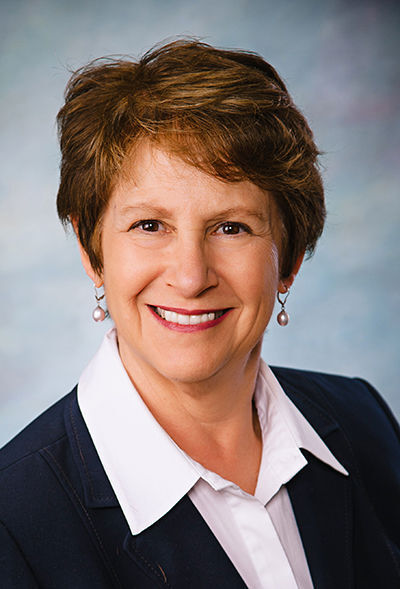A Dubuque-based organization and a nonprofit with a growing national presence are joining forces in hopes of strengthening rural schools.
The Community Foundation of Greater Dubuque recently announced a partnership with the Rural Schools Collaborative, a nonprofit that operates multiple hubs across the U.S.
The partnership will form a new Iowa hub for the collaborative, linking the community foundation’s network of schools, programs and supporters to the RSC’s broader network.
“I think it’s really going to provide us opportunities to use this collaborative partnership to create synergy around the other work we do around academic achievement, leadership, community development,” community foundation CEO and President Nancy Van Milligen said.
RSC executive director Taylor McCabe-Juhnke also sees potential in the partnership.
“The Community Foundation of Greater Dubuque already has done such great work in the region,” she said.
McCabe-Juhnke emphasized that the partnership will allow the community foundation to share its expertise with other regions.
“Each hub of the Rural Schools Collaborative is a little bit different but our overarching vision is where the community and the school districts are supporting each other,” McCabe-Juhnke said.
McCabe-Juhnke said that rural schools in Illinois or Wisconsin might be facing many of the same challenges as Iowa schools.
“Our role as the Rural Schools Collaborative is to bring together these like-minded organizations,” McCabe-Juhnke said.
In Illinois, Monmouth College and the Galesburg Community Foundation anchor a state hub that supports statewide rural teacher corps projects and grant programs. Another hub is anchored by the University of Wisconsin-Platteville School of Education.
Currently, the Community Foundation of Greater Dubuque is in the planning and development stage of a teacher grant program that would provide incentives for education students to return to teach in rural areas.
The foundation’s project is inspired by the collaborative’s rural teacher corps programs.
Such initiatives aim to give teachers a better understanding of rural issues and foster a dedication to rural communities. In the long run, officials hope such programs compel young teachers to remain in rural communities instead of moving on to larger districts.
“The State of Iowa gave us a $20,000 grant to plan for a reverse scholarship, where college students in the teaching programs would agree upon graduation to work three years in a rural community in Iowa,” Van Milligen said.
Van Milligen said that the community foundation is focused on rural education because rural districts often struggle with making ends meet and attracting teachers.
“The region is only as strong as the individual communities, the individual school districts and the individual families,” Van Milligen said.


